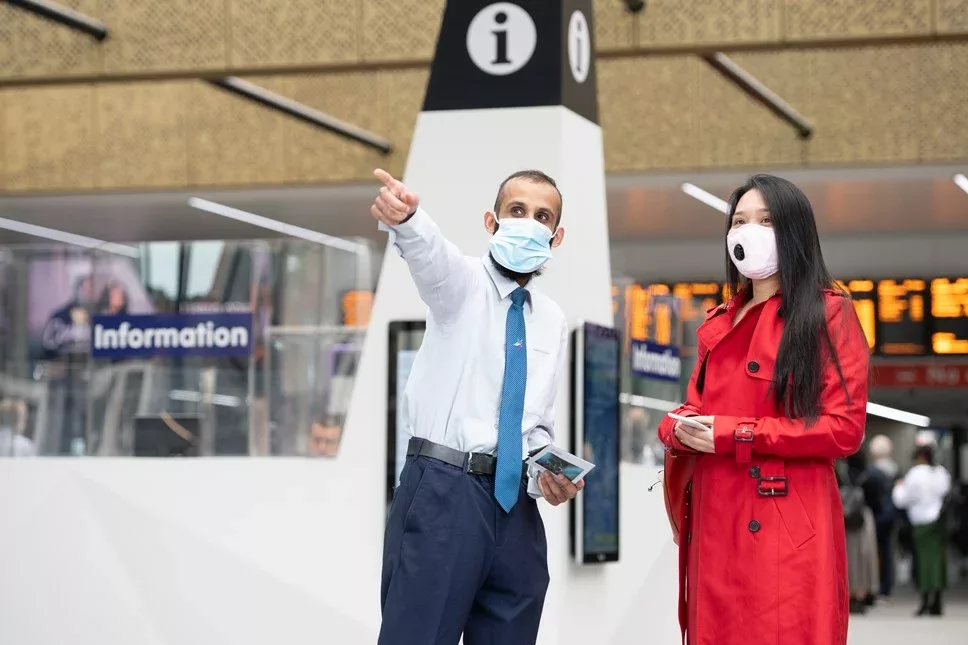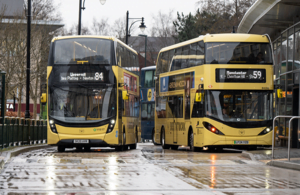Independent transport operators that run the vast majority of rail services across Britain are cautioning the government that overly limiting private sector involvement could lead to a more costly railway in the long term and missed opportunities for innovation that would lead to better services for passengers.
The warning comes ahead of a Department for Transport market engagement exercise today (4 November) in which operators will learn more about the government’s plans for how the private sector will be involved in future contracts.
While the right answer in some areas, transport operators are cautioning against ‘copy and pasting’ tightly specified contracts from city networks that would act as a straitjacket on many routes, stifling innovation and slowing Britain’s recovery. As the organisations directly serving travellers, operators want the flexibility to respond to the varying needs of passengers, rather than an overly centralised body, to encourage more journeys and support job creation in the future. The companies are also pushing for longer contracts with tough targets so that the railway can meet its potential of being the backbone of a truly integrated, low carbon transport system.
The government has committed over £12 billion in emergency funding to keep the railway running since the start of the pandemic. Hundreds of millions of pounds every month of public money is still being provided but private sector operators have said that they do not want to take more than their fair share from the taxpayer. Operators want to build on their experience of significantly reducing the annual £2 billion a year operating deficit of the railway during franchising. Inflexible contracts that limit innovation could stifle passenger growth and embed the funding black hole in the railway.
Private sector transport operators, who have experience in Britain and around the world, want to use their expertise to build on the successes in recent decades to support the nation’s economic recovery. Since the introduction of private sector involvement in the railway in the 1990s, thousands of new train carriages have been introduced, customer service has been overhauled and new benefits such as on-board entertainment systems and free wireless internet have been rolled out. Together with the wider availability of cheaper advance fares, these innovations helped passenger journeys on the railway double between then and the start of the pandemic and revenues grew at twice the rate of GDP. Under a tightly specified contractual system, passengers would have missed out on many of these benefits.
As part of the reforms proposed in the Williams-Shapps Plan for Rail, new Passenger Service Contracts (PSCs) will replace franchises and will initially be let by the Department for Transport (DfT) before being transitioned to Great British Railways (GBR). The agreements will build on the tightly specified contracts of the concession model used by Transport for London Overground services. Operators support this change but getting the detail right is key.
Last week, in his Budget Speech, the Chancellor spoke about the importance of backing business in recognition of the fact that Britain’s future prosperity could not be built by government alone.
Andy Bagnall, Director General of the Rail Delivery Group, said: “To ‘build back better’, the rail industry wants to work with government to make reform a success, which will support economic growth and a cleaner environment.
“With the right reforms that harness private sector expertise, we can more flexibly respond to passenger needs, boost innovation on the rail network and encourage more journeys in the future – enabling rail to become the backbone of a truly integrated, low carbon transport system.”
Private sector operators are calling for the DfT, and then GBR, to set the outcomes it wants operators to achieve and facilitate decisions. Ahead of the engagement exercise, operators are calling for:
- Contractual levers to help operators attract passengers back, respond in an agile way to local needs, and to make industry costs more efficient
- Involvement in national and local marketing campaigns, retailing solutions and the fares framework to harness local knowledge and accelerate growth
- An essential role in the development of timetables to respond to passenger demand
- Responsibility for all elements of train service delivery as well as customer-facing, commercial and operational roles at stations





















